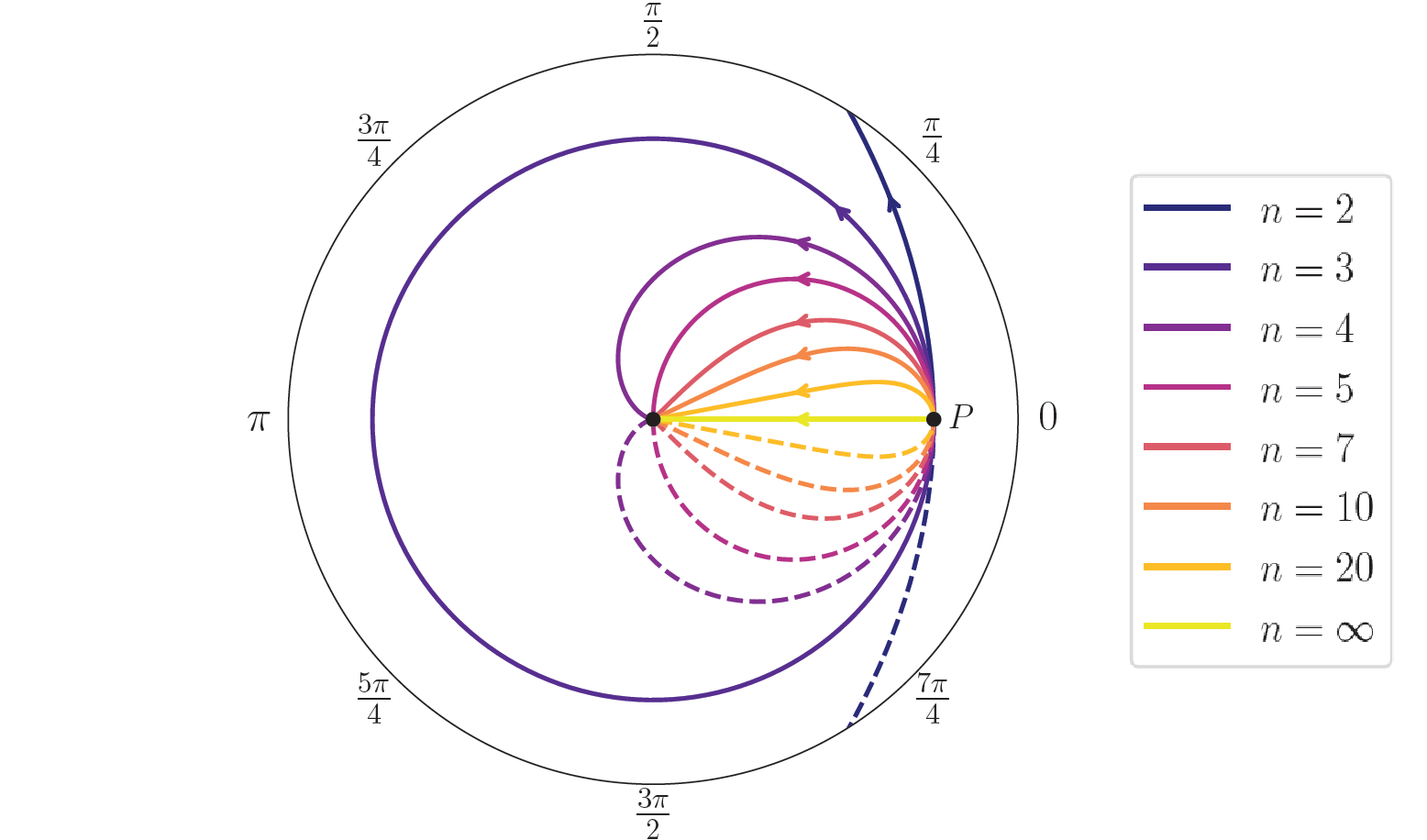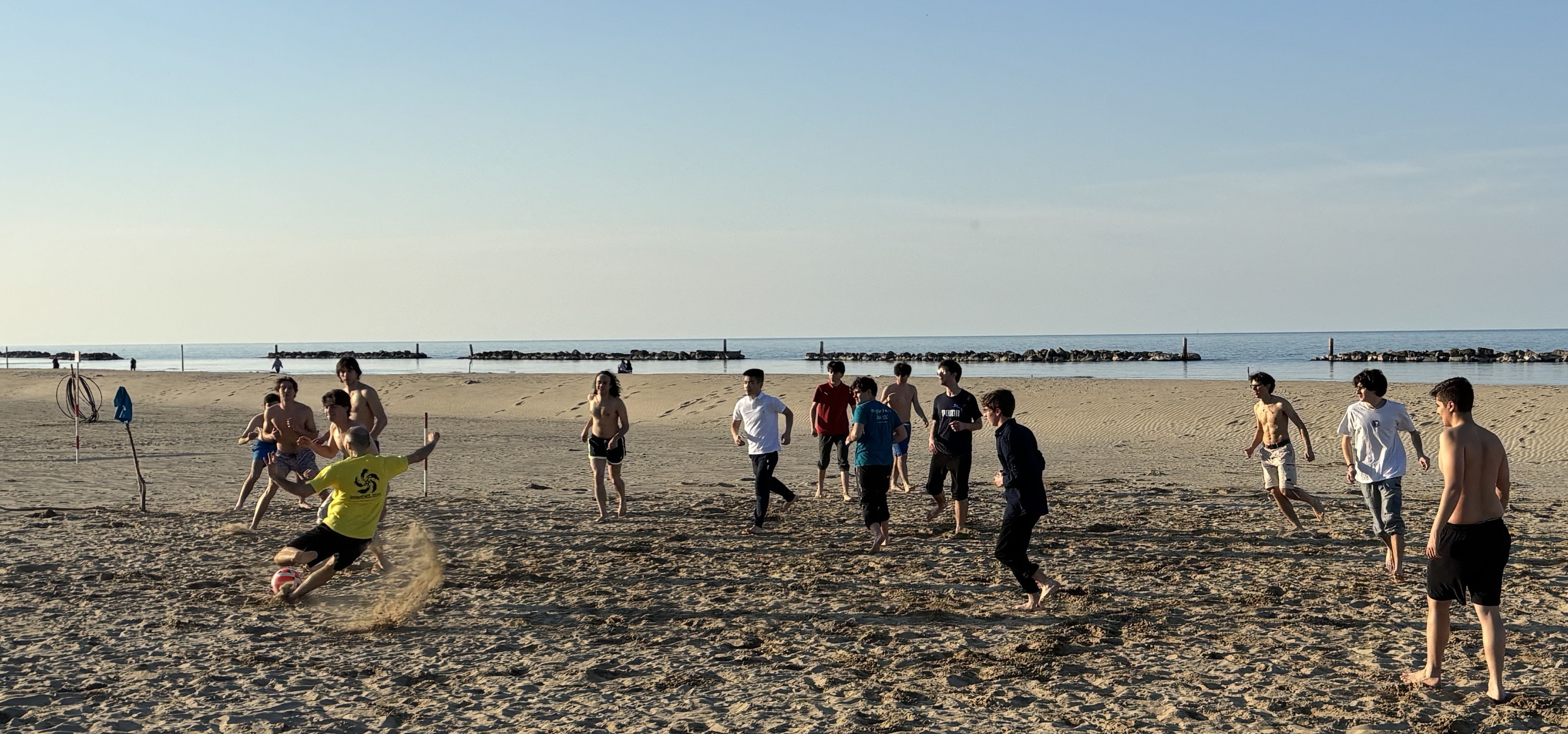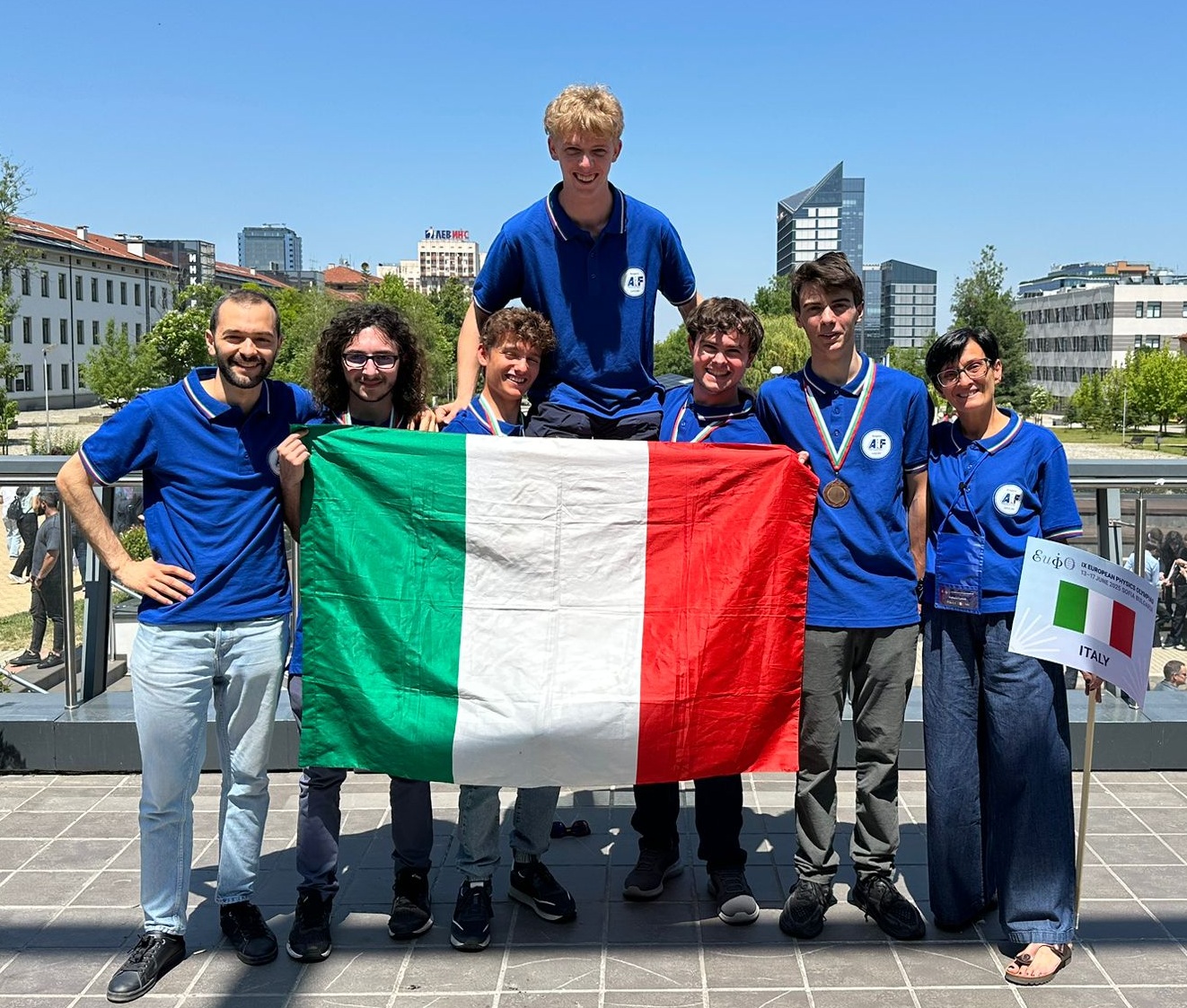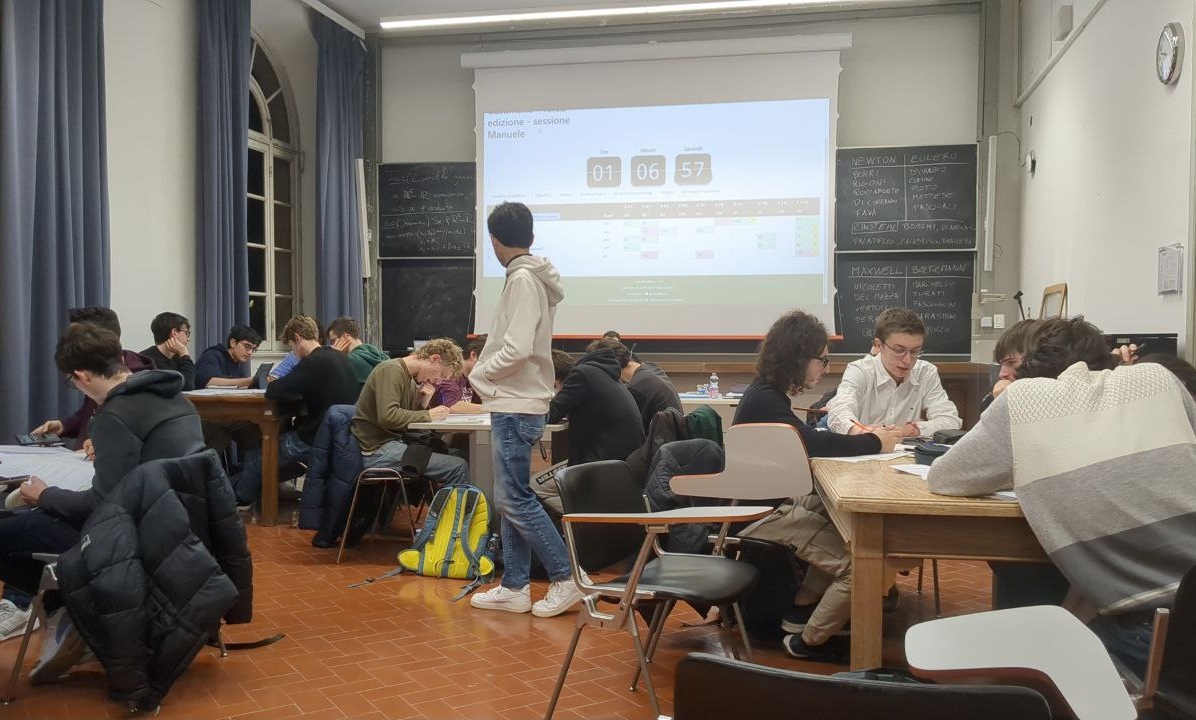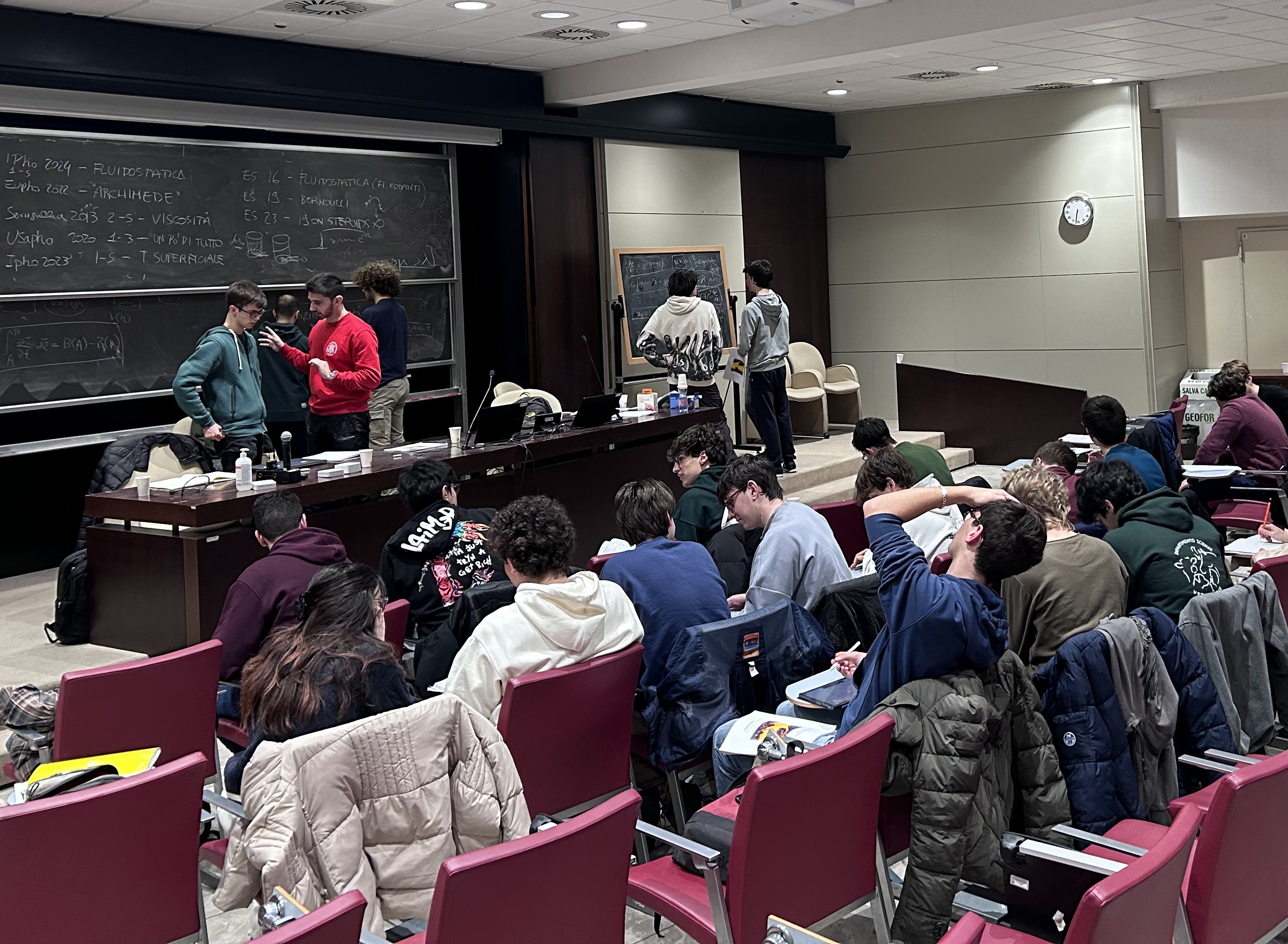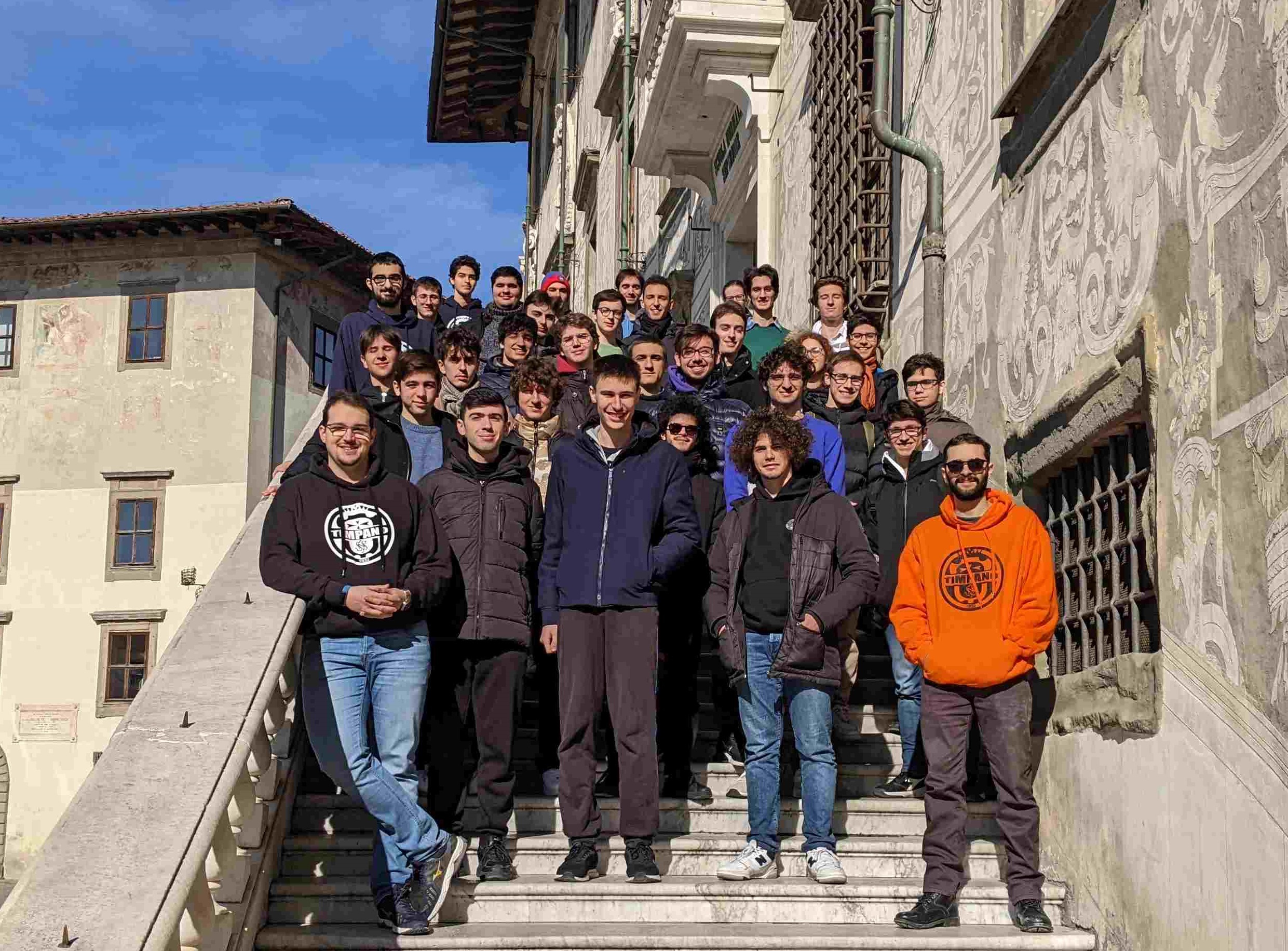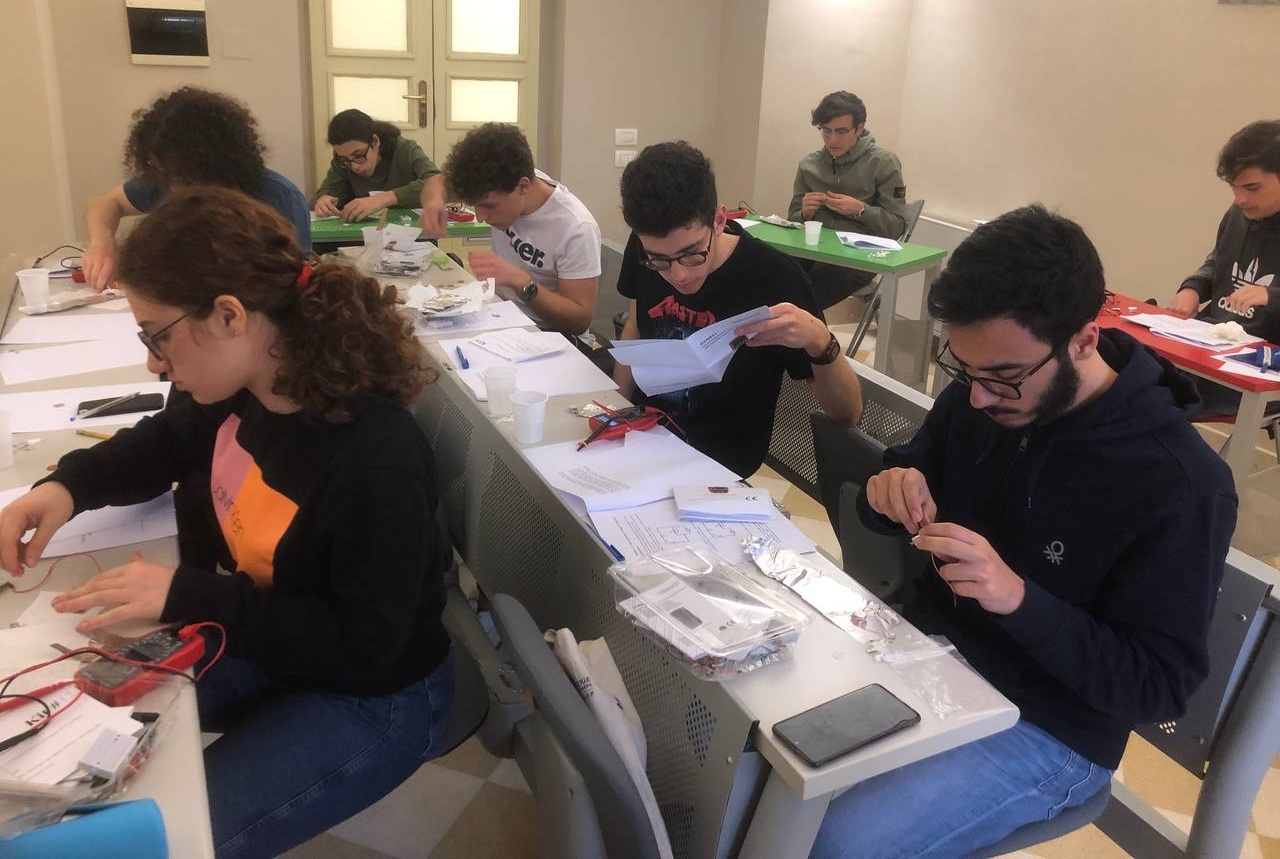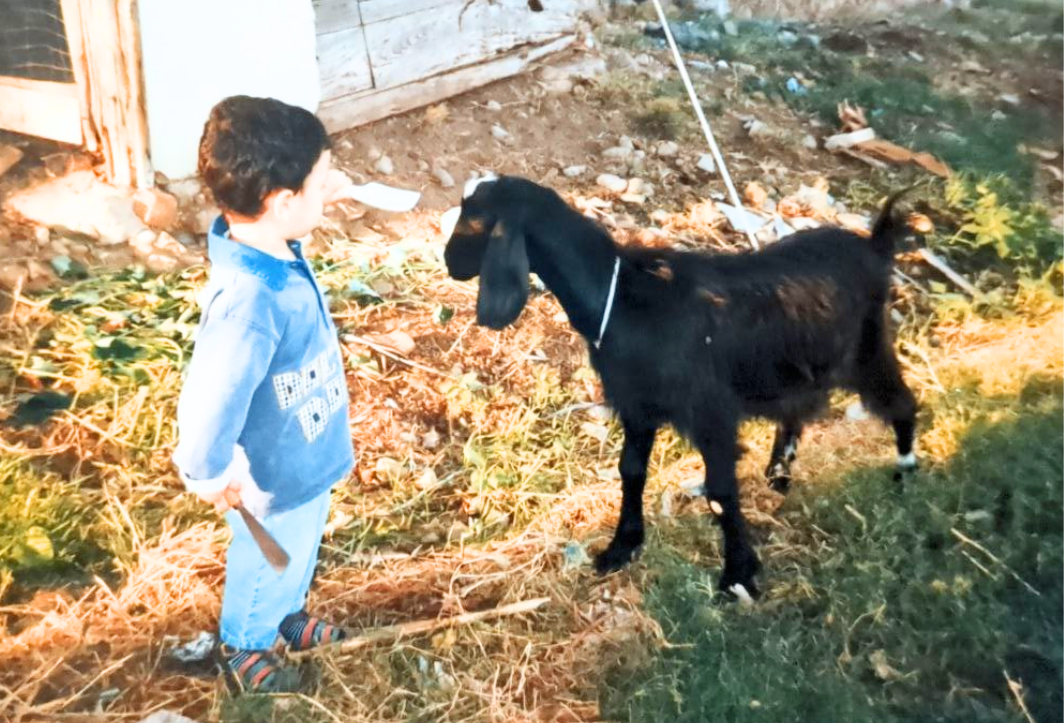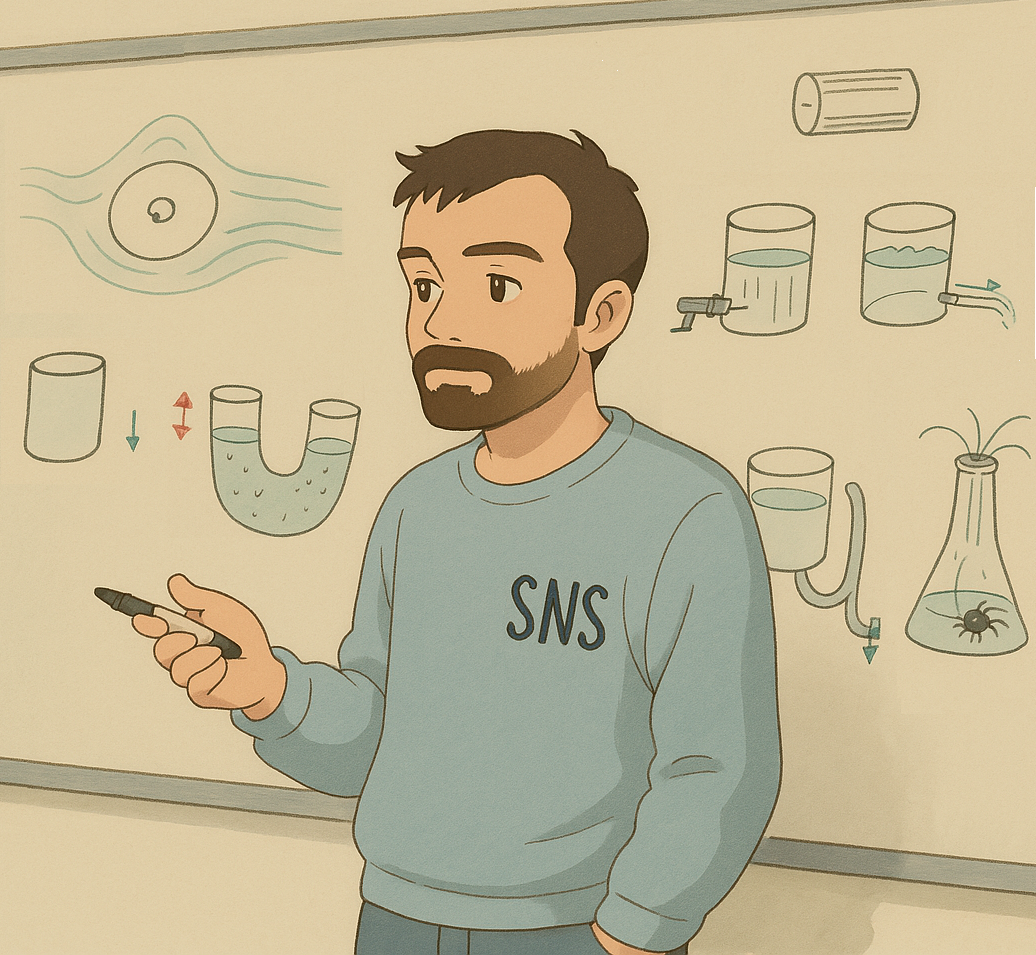
Daniele Battesimo Provenzano
About
Hello, I am Danny. I am currently completing my Ph.D. at Scuola Normale Superiore in Pisa, Italy, where I carry out theoretical research in plasmonics and anisotropic metamaterials. In parallel, I work as a Police Inspector in the forensic department of the Italian Police in Rome, specializing in GSR analysis. However, my true passion is teaching, which blossomed during my undergraduate years. Since then, I have taught a variety of courses for talented high school students preparing for the Physics Olympiad, as well as for first-year university students. I also enjoy writing educational materials and articles that clarify complex concepts, challenge misconceptions, and debunk persistent myths often found in traditional sources; in the same vein, I plan to author a series of textbooks on Classical Physics, one of which is already in progress. I am going to dedicate my life to Physics education.
If you want to know more about my background and past experiences, here is my CV. If you would like to get in touch, you can reach me at daniele.provenzano@sns.it or via carrier pigeon.
